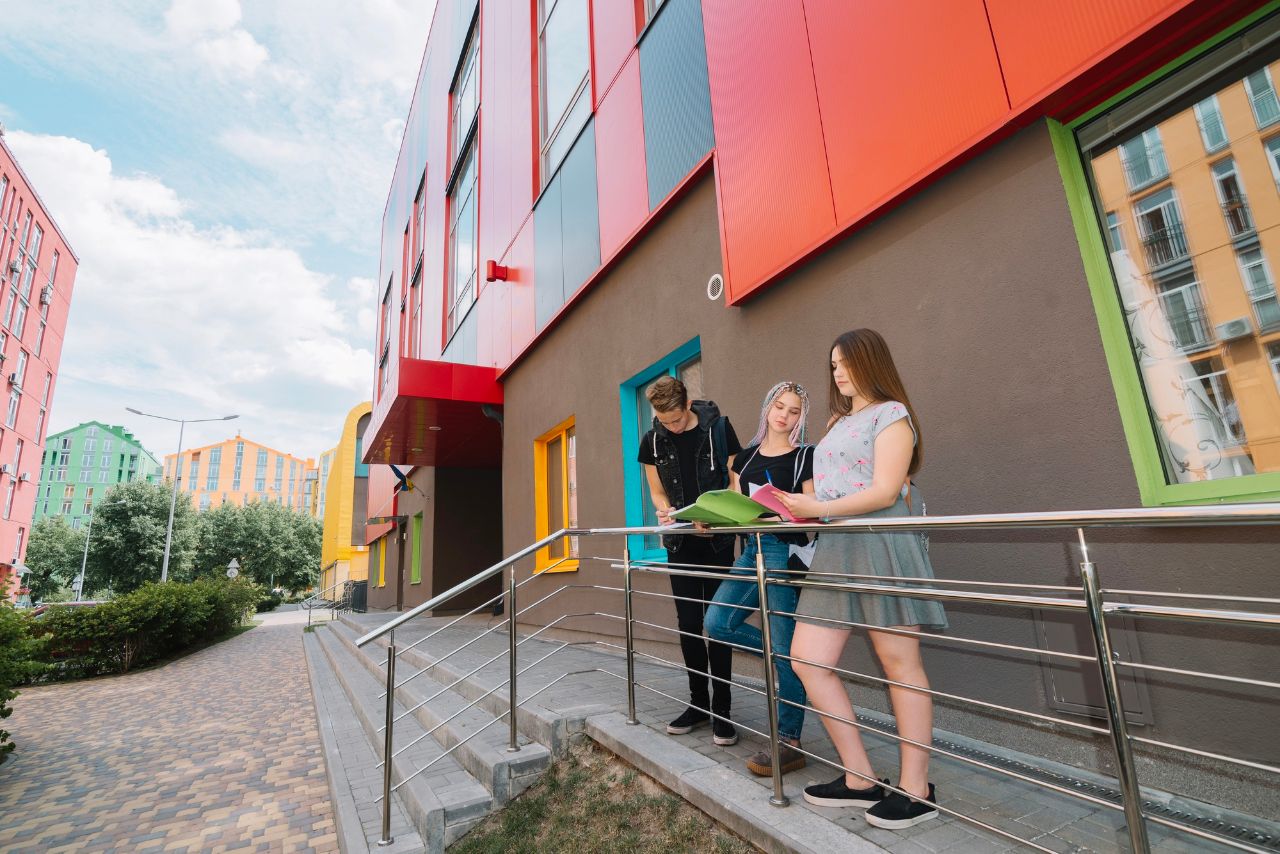A full home remodeling project offers the opportunity to transform your living space into something truly remarkable. Whether you’re looking to update outdated features, enhance functionality, or create a fresh aesthetic, a comprehensive renovation can breathe new life into your home. In this article, we will explore the key aspects of a full home remodeling project, including planning, design considerations, and the benefits of undertaking such a transformation.
I. Planning for a Full Home Remodeling Project
Before embarking on a full home remodeling project, thorough planning is essential. Consider the following steps:
- Assessing Your Needs: Identify the specific areas of your home that require remodeling. Determine your goals and priorities, whether it’s expanding living space, upgrading kitchens and bathrooms, or improving overall energy efficiency.
- Setting a Budget: Establish a realistic budget for your project. Consider factors such as materials, labor costs, permits, and potential contingencies. It’s advisable to allocate a contingency fund to account for any unforeseen expenses.
- Hiring Professionals: Engage the services of experienced professionals, such as architects, interior designers, and contractors, who can guide you through the remodeling process. They will help translate your vision into a well-executed plan.
II. Design Considerations for Full Home Remodeling
Design plays a crucial role in a full home remodeling project. Consider the following aspects when creating your design plan:
- Space Optimization: Evaluate the existing layout and identify opportunities to optimize space utilization. This may involve reconfiguring rooms, removing walls, or adding extensions to accommodate your desired changes.
- Aesthetic Enhancements: Determine the desired aesthetic for your home. Consider factors such as color schemes, flooring options, lighting fixtures, and architectural elements that align with your personal style and preferences.
- Functionality and Ergonomics: Focus on improving the functionality and flow of your home. Consider aspects such as storage solutions, traffic patterns, and ease of access in key areas like kitchens, bathrooms, and living spaces.
III. Benefits of Full Home Remodeling
Embarking on a full home remodeling project offers several advantages that go beyond mere aesthetics. Consider the following benefits:
- Increased Home Value: A well-executed remodeling project can significantly increase the value of your home. Upgraded features, modern amenities, and improved functionality make your property more appealing to potential buyers in the future.
- Enhanced Comfort and Livability: Remodeling allows you to customize your home to suit your lifestyle and preferences. You can create spaces that promote relaxation, improve functionality, and cater to the specific needs of your family.
- Energy Efficiency: Full home remodeling provides an opportunity to improve energy efficiency. Upgrading insulation, replacing old appliances with energy-efficient models, and installing energy-saving fixtures can lead to lower utility bills and reduce your environmental footprint.
Conclusion
Undertaking a full home remodeling project is an exciting endeavor that can transform your living space into a personalized haven. Thorough planning, careful design considerations, and engaging professionals will ensure a successful outcome. By investing in a full home remodeling project, you not only enhance the aesthetic appeal of your home but also increase its value, improve functionality, and create a comfortable living environment for years to come.
 seolounge
seolounge